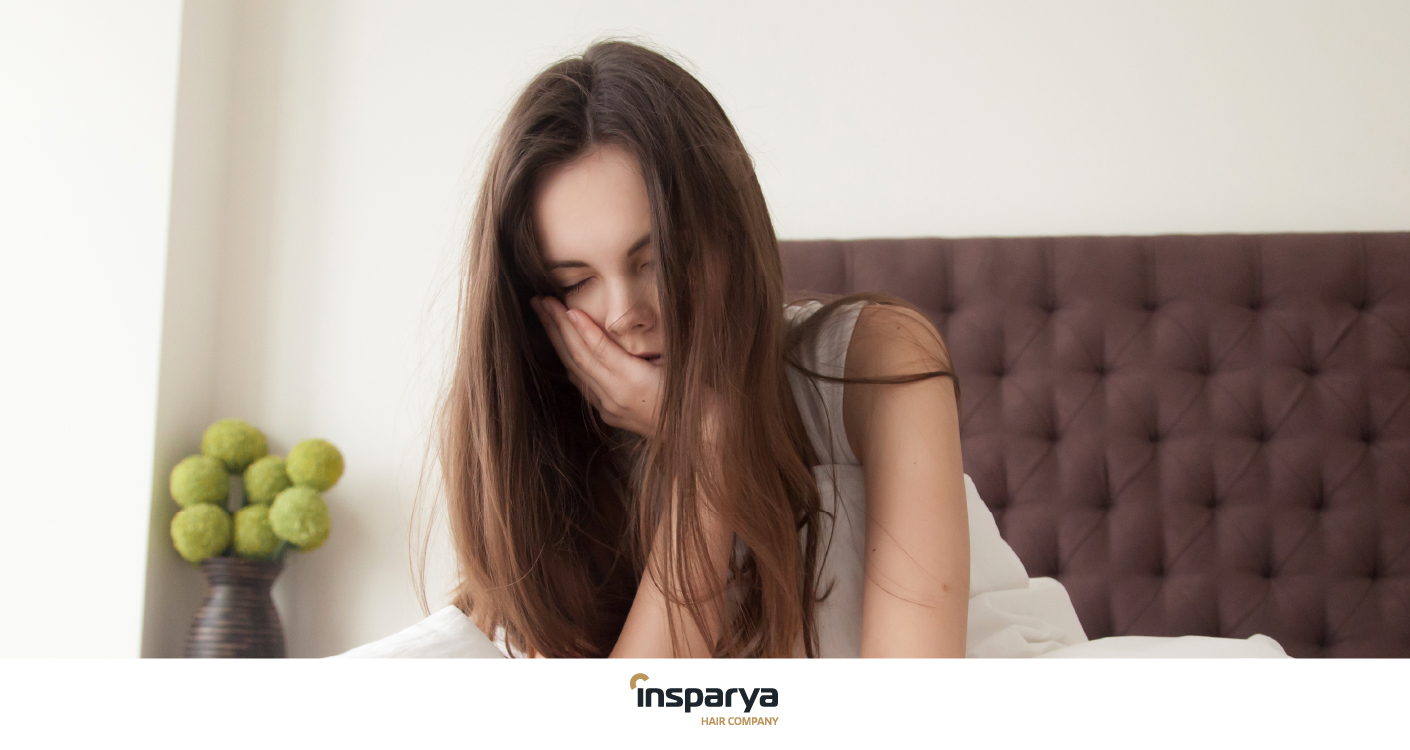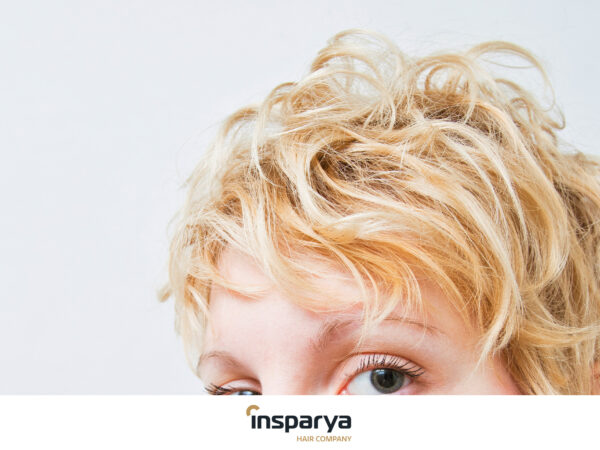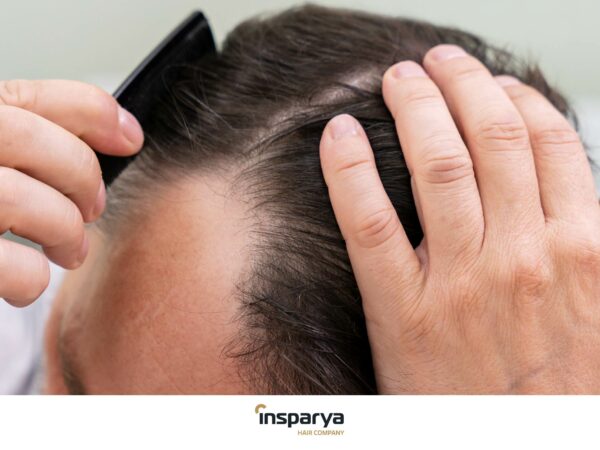
Lack of sleep: how it affects your hair
Getting adequate rest is key to good health. It’s a fact that sleep disturbances affect the immune system, causing fatigue and stress, and significantly impacting general well-being. All of this increases the likelihood of hair loss.
Sleep: the key to stress regulation
Poor quality sleep can lead to stress, one of the most common triggers of hair loss, along with hormonal and genetic causes. But getting poor quality and insufficient rest can also lead to different types of hair loss which, although they have unique characteristics, share a common factor – stress:
- Telogen effluvium is diffuse hair loss that mainly affects women. This typology includes alopecia nervosa, a type of temporary baldness that has a good prognosis since the hair recovers little by little as the level of tension decreases.
- Alopecia areata, an autoimmune disease whose most common trigger is stress. It causes the appearance of coin-shaped bald spots of different sizes. It can affect the head, eyebrows and beard.
- A period of anxiety and insufficient sleep can lead to trichotillomania, a psychiatric disorder developed by predisposed people. In this case, the person handles their hair compulsively until it is pulled out, causing a loss of density, and ultimately, bald spots.
In short, all of these types of hair loss are different from each other, although they may have one common factor: stress.

Lack of sleep can influence hair health
Sleeping well and for enough hours is key to the physical recovery and regeneration of our body, as well as to physical and psychological endurance. Therefore, for hair to grow strong and healthy, it’s important to have proper rest on a regular basis.
The habit of not getting enough sleep can weaken the hair follicles and affect the secretion of hormones. For this reason, hair may appear weak, dry and dull. It’s worth noting that a period of poor sleep will not always lead to alopecia, but it can cause a loss of hair density.
To solve hair loss caused by insomnia, it is essential to improve sleep quality. To do this, you must adopt healthy habits, such as going to bed and waking up at similar times, not sleeping during the day, taking care of the space in which you are going to rest, eating light dinners, avoiding stimulants such as coffee, smoking or alcohol, doing daily physical activity, establishing a pre-sleep ritual (drinking an infusion, reading or taking a bath), etc.
In addition, this change in routines can be complemented with hair treatments. These dermatological treatments are designed to strengthen the hair and, unlike pharmacological ones (Minoxidil, Finasteride), they have no side effects. They are examples of innovation in hair health, such as hair mesotherapy (MesoHair, for biostimulation and nutrition) or Platelet Rich Plasma (PRP) (for the rehabilitation and strengthening of the follicles). In addition, low-level laser therapy stimulates hair circulation and improves the overall quality of the hair.
Insparya’s team of expert professionals will help you identify the cause of your hair loss and will propose the treatment that best suits your case to recover your hair health. Make an appointment now.





